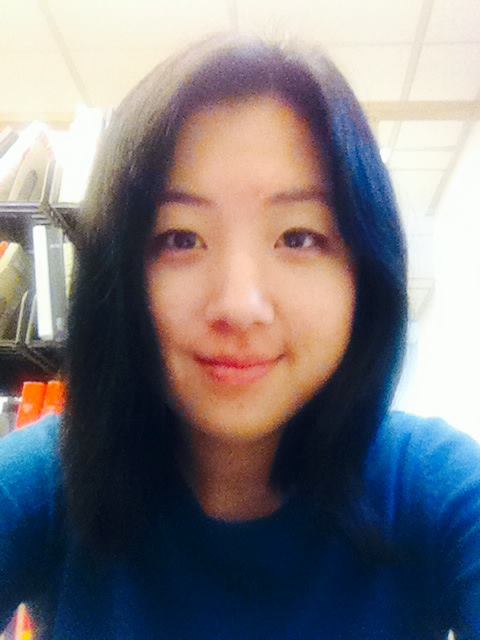

Judy Yoo is a senior double majoring in Art History and Asian Languages and Civilizations. Her senior thesis focuses on the work of Japanese architect Ando Tadao. Her thesis advisor is Professor of the History of Art and Asian Languages and Civilizations Samuel Morse.
Q: What is your thesis about?
A: My thesis is on Ando Tadao, a contemporary Japanese architect. It examines Ando Tadao, but it also takes into consideration Japan’s modern architectural profession and its historical development because it seeks to understand how Ando has progressed in his profession.
I am interested in how Ando stands within the context of the 21st century. Chapter one focuses on the conflict between Japanese aesthetics constructed by an external gaze and an internal gaze. Chapter two debunks Ando’s affinity to certain traditional aesthetics. Chapter three describes his earlier works and its qualities. Chapter four shows how he diverts from many of his signature qualities. Chapter five ultimately articulates his interpretation of architecture and how the identity he assumes as a “Japanese” architect in the 21st century. Chapter five is significant because I propose that Ando straddles between the generation of older architects like Kisho Kurokawa and Arata Isozaki who popularized constructed ideals of Japanese aesthetics and the generation of younger architects who feel that being an architect is as natural for them as it is for their Western counterparts and therefore justification trumps their artistic consciousness.
Some of the questions I pose are: Where does Ando, at the final stage of his profession, stand? Has he removed himself from ongoing debates about nationhood and identification? It is more appropriate to see him as an individual appreciative of tradition and historicity, but open to new ideas and concepts. He seeks to re-evaluate traditional elements and give them a new meaning that is particular to the location in which he builds.
Q: Why did you choose this particular topic?
A: I chose this topic because I am a fan of Ando’s buildings and I also enjoyed learning about architecture. I have actually never taken an architecture class here at Amherst College, so I thought it was a stimulating experience to learn about contemporary architectural theory. I also wanted to study some of the residential designs of the 21st century.
Q: What has been some of the best parts of writing a thesis?
A: The best parts of writing a thesis is doing research and rereading what you wrote. You get a certain amount of satisfaction producing something you worked hard for.
Q: What has been some of the most difficult parts of writing a thesis?
A: The most challenging part is the beginning. I had to reformulate my argument over and over again because I came across new research or reading in the middle of my process. The writing/editing is cumbersome as well. It’s a big task to take on.
Another part that made my research difficult was that I didn’t get to visit many of the architectural sites I talked about. Therefore, I felt that sort of reduced my credibility as a researcher.
Q: Where are you in the process? What do you have left to do?
A: I am editing my draft right now. I have five chapters and my final chapter is still in process. I also need to organize my bibliography and list of illustrations. I am probably going to spend the month of March editing and polishing my awkward sentences/paragraphs.
Q: Have there been any surprises in the process? Did your research turn out the way you expected it to?
A: I don’t think there were any surprises yet. I hope there won’t be any. At this point, I just want to produce a good paper and make a solid argument. The research is extensive but it’s interesting as well as informative in helping me build my arguments.
Q: When you have finished your thesis, what will you do with it?
A: I’ll probably not look at my thesis for a long time, but I’d like to reread it if I get the chance. I think the best part of producing a long paper is the sense of accomplishment you get when you read the finished product.